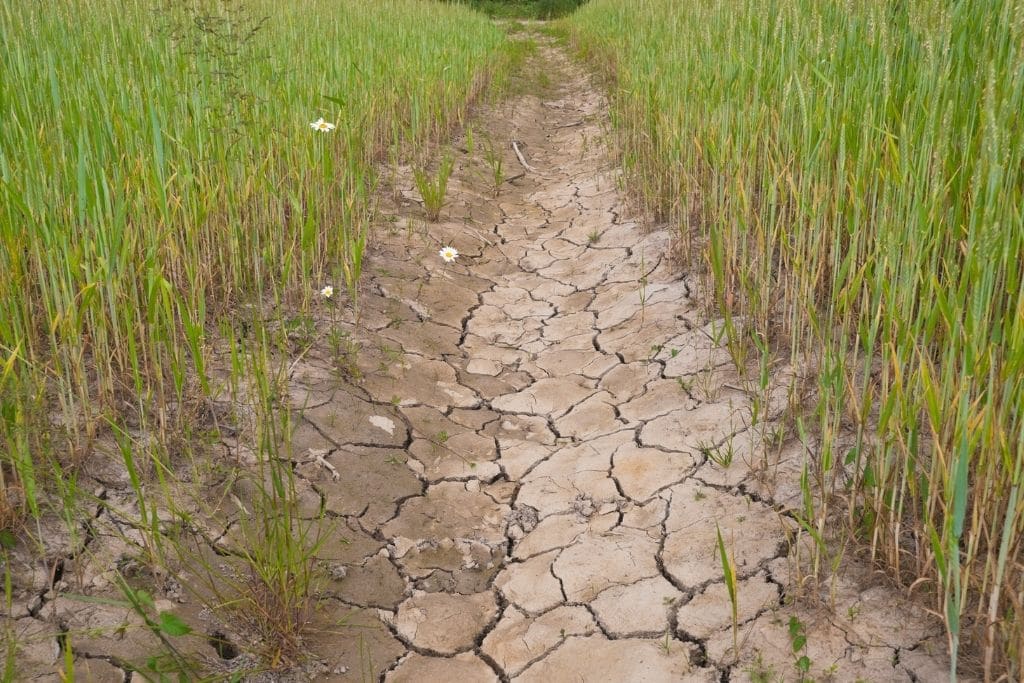Addressing the water woes.
As temperature sours across India, the annual focus on water scarcity, especially in the urban centers, makes headlines, however, little action gets taken. India’s dairy sector, integral to the nation’s agriculture and economy, too faces a significant challenge due to severe water scarcity. With the majority of India’s freshwater being consumed by agriculture, innovative approaches like Shunya’s hydroponic green fodder initiative are becoming crucial.
Water usage in traditional fodder cultivation methods in India is highly inefficient, consuming up to 500 liters of water per kilogram of fodder. In contrast, Shunya’s hydroponic systems require less than 5% for the same output. Such efficiency represents a reduction of up to 95% in water use, significantly alleviating the stress on the already dwindling water resources. Furthermore, Shunya’s hydroponic systems can boost fodder yield by 70% compared to traditional farming. For instance, compared to traditional farming land usage, Shunya cuts down the land usage (read wastage) dramatically as highlighted in an earlier post.

Shunya’s hydroponic fodder system is based on cultivating fodder without soil, without the use of chems, fertilizers or pesticides. Moreover, the use of vertical farming techniques and controlled environmental conditions, allows for maximized space utilization and year-round fodder production. Such controlled conditions eliminate dependence on variable climatic factors, providing a stable and reliable fodder supply.
Shunya’s hydroponic green fodder initiative presents a revolutionary solution to the challenges faced by India’s dairy sector due to water scarcity. By significantly reducing water use, enhancing fodder yield, and stabilizing production through controlled environments, this initiative not only supports sustainable agricultural practices but also boosts the economic stability of dairy farmers.

